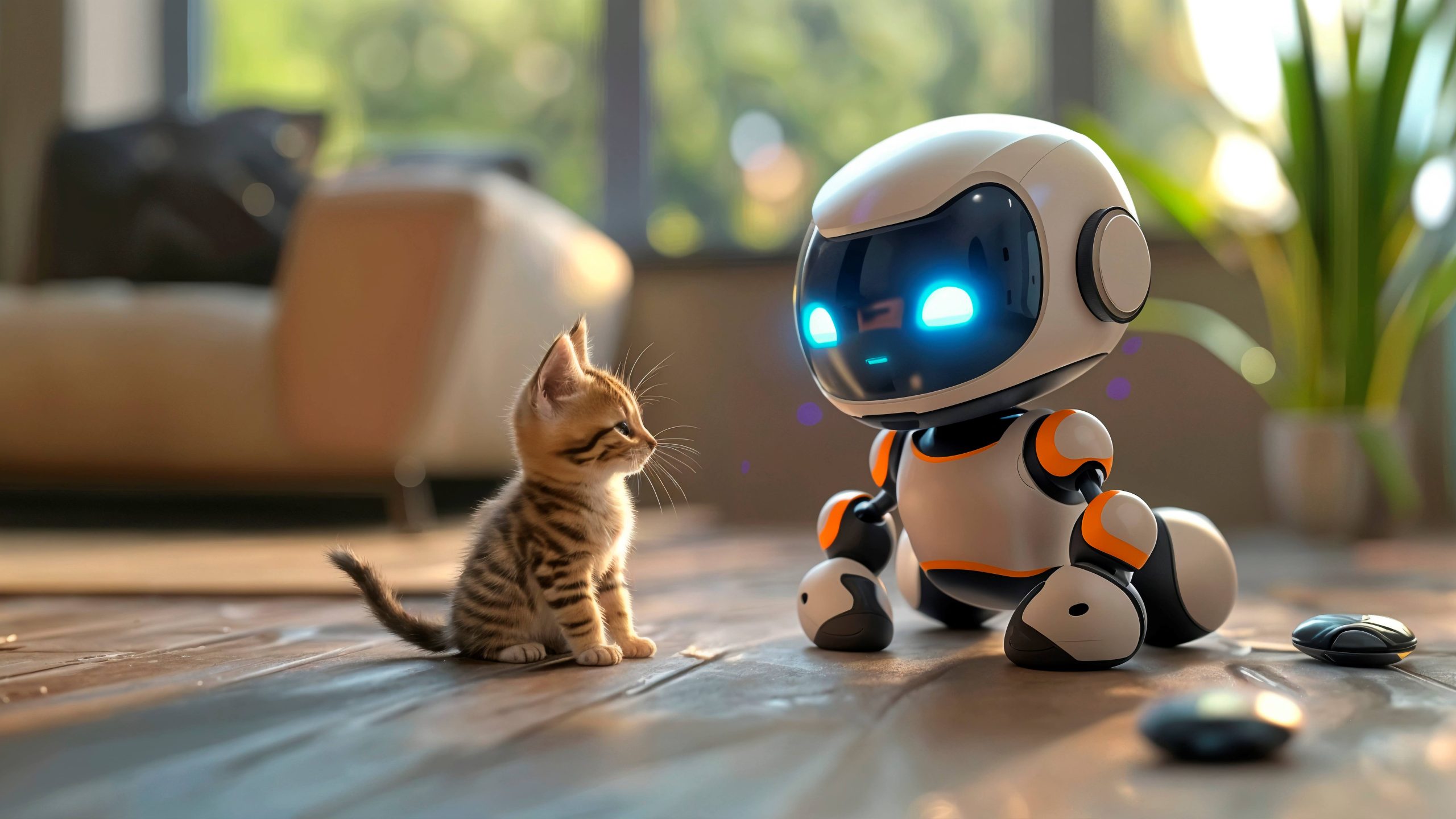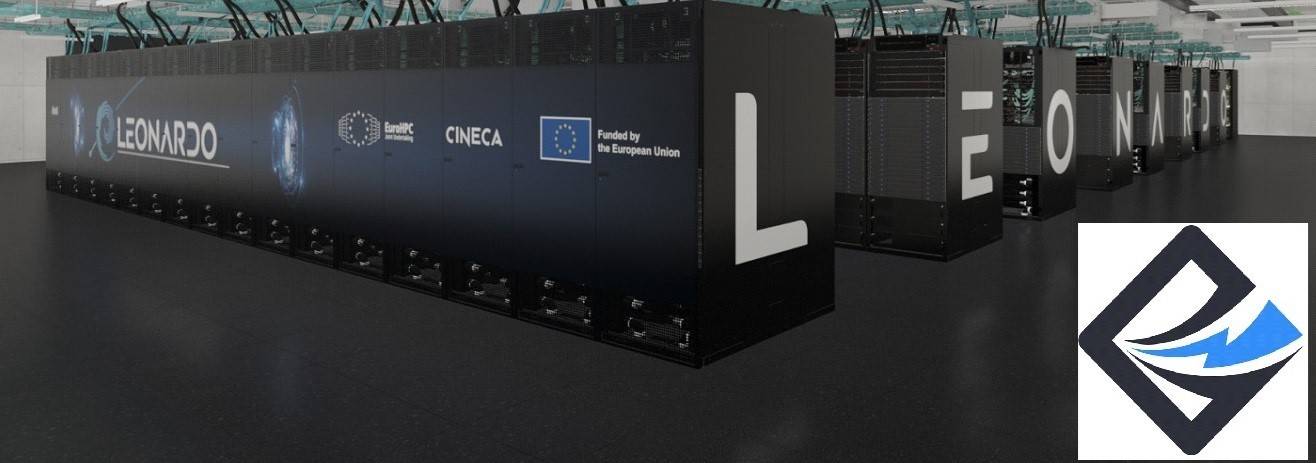Today, there are many industries in which AI has made great progress, and one of the most exciting applications is in storytelling. As a subset of AI introduced to aid and supplement creative writing, Novel AI is revolutionizing the composing and disseminating of narratives. This article delves into the impact Novel AI has on the way new stories are being told; from the positive effects to the problems that come with the new advancement and prospects it holds for both the storytellers and audiences.
The Emergence of Novel AI
Novel AI can be described as a relatively complex artificial intelligence system designed to accommodate the generation of narratives. Such systems employ NLP, Artificial Intelligence, Machine Learning and Deep Learning to create, improve and fine-tune written text. This technology has advanced dramatically, in that, machines have been able to write human-like text with equally good coherence and creativity.
How Novel AI Works
Novel AI works on a large number of texts to recognize patterns, structures and styles in them with the help of algorithms. Since AI techniques train across different literary works, these models imitate various genres, tones, and writing styles. After training, it can help writers in developing concepts for stories, in mapping the structure of the story, in writing dialogues
The technology includes:
- Natural Language Processing (NLP): NLP is the key through which the AI system can comprehend and produce human language. It enables Novel AI to understand the context, the sentiment, and even little tone in a text.
- Machine Learning: Novel AI uses machine learning that enhances its ability in writing as it avails feedback and other current data.
- Deep Learning: The use of deep learning methods allows Novel AI to learn more intricate structures in narratives and produce output with higher elaboration and coherency.
Benefits of Novel AI in Storytelling
There are several benefits that Novel AI has brought to the new method of telling stories in this modern society. These benefits include improved creativity to general writing process improvement.
Enhancing Creativity
Possibly the greatest area whereby Novel AI has a massive effect is on encouraging creativity. Creative writers may experience times when they are stuck or get tired of writing. Novel AI can give novel concepts, new plots, and fresh characters, which can aid writers in overcoming these problems. It provides the writers with a formulation of different story possibilities to stimulate the writers and evolve their creativity.
Streamlining the Writing Process
Novel AI can greatly reduce the amount of time spent on writing by performing some of the tasks on the writer’s behalf. For instance, it is possible to use AI in coming up with a draft of the needed document, providing recommendations on changes required on the document and even aid in proofreading the document. This efficiency also benefits the writers by allowing them to concentrate more on the creative aspects of writing rather than worry so much about other technicalities. Thus, it can also assist in preserving cohesiveness in the overall mood and writing style to accommodate the story within the manuscript.
Supporting Diverse Voices
The use of AI technologies can help to open up storytelling to a wider spectrum of people. Since Novel AI is accessible to writers from various backgrounds with no prior writing experience and most importantly writers with limited resources, this tool is useful in helping writers create their novels. This inclusivity contributes to diversity in the literary work and in the world of storytelling as it offers views coming from different experiences and backgrounds.
Challenges and Limitations of Novel AI
Novel AI has several advantages, but it also has certain disadvantages or limits that are worth considering.
Quality and Originality
Consider the quality and uniqueness of the content as a main priority. While using AI, it is easy to come up with sentences with meaningful content, however, they can be rather simplistic and do not reveal the author’s intent. AI-created material could occasionally result in template-based storytelling, making the audience doubt the creativity of the work. By integrating AI into the process of storytelling, it is important to ensure that it supports and does not replace the creative process of the human mind.
Ethical Considerations
It also leads to ethical concerns about the ownership of the content and credit for its creation. Who owns the rights to content if an artificial intelligence system produces a story? Moreover, there is the problem of AI copying and pasting beforehand developed solutions that is close to plagiarism. Solving all these ethical issues is crucial to avoid any unfair and unethical application of AI in storytelling.
Dependence on Technology
The other problem that we tend to face is the overdependence on technology. Although it could be an effective procedure, every writer should preferably remain independent and uphold their individuality, as well as provide input. One of the issues of relying too heavily on AI is that it can make all the stories sound very similar and unoriginal. For the future of storytelling, it is crucial to incorporate AI while not compromising the human touch.
Conclusion
There is no doubt that novel AI is changing or has already started to reshape storytelling in contemporary society. It’s changing the way narratives are generated and told by improving the creative process as well as helping multiple voices come closer to each other. But we must address quality, novelty, ethics and technology to make sure investment in AI is worthwhile and still a helper rather than an enemy of creativity.
Novel AI has a bright future in the context of the constant trends in today’s technologies. Social writing, instant writing of stories and more advanced uses of artificial intelligence are set to take the literary experience. With these opportunities together with the risks, the end goal is a bright future for writers and readers where storytelling is more diverse, creative and meaningful.










